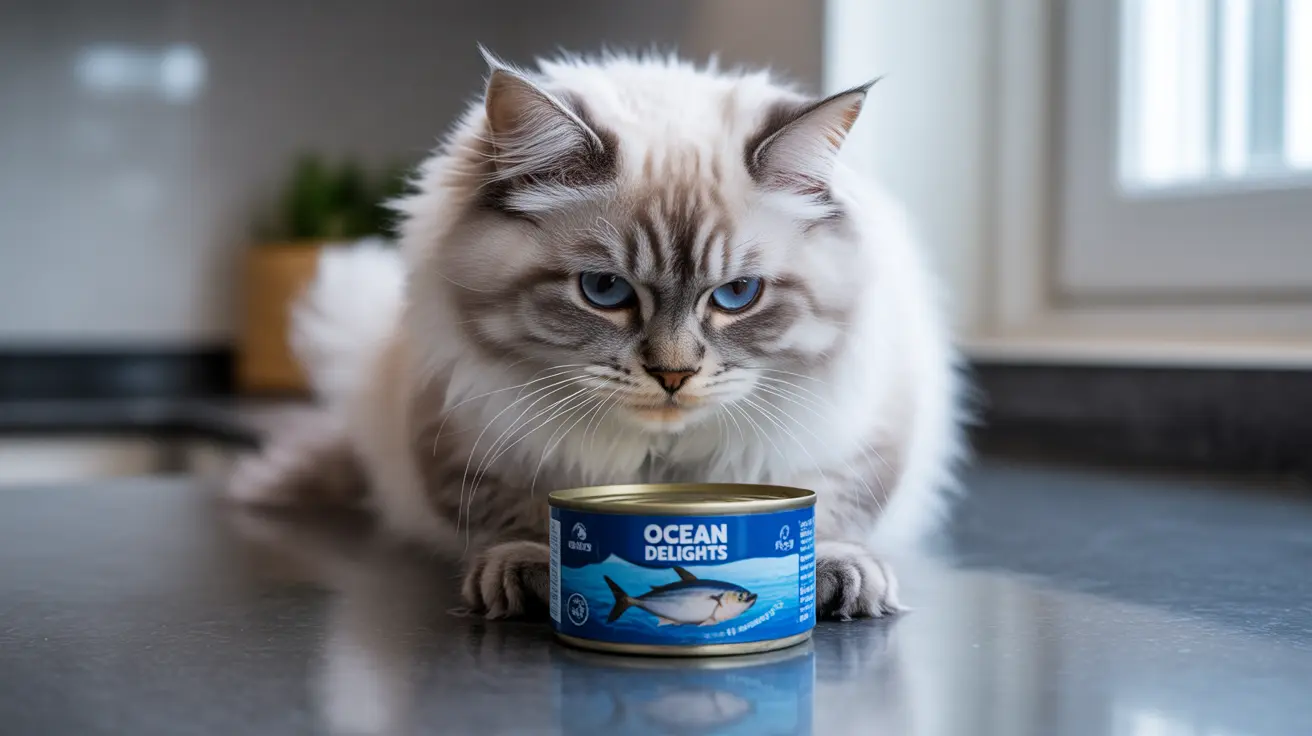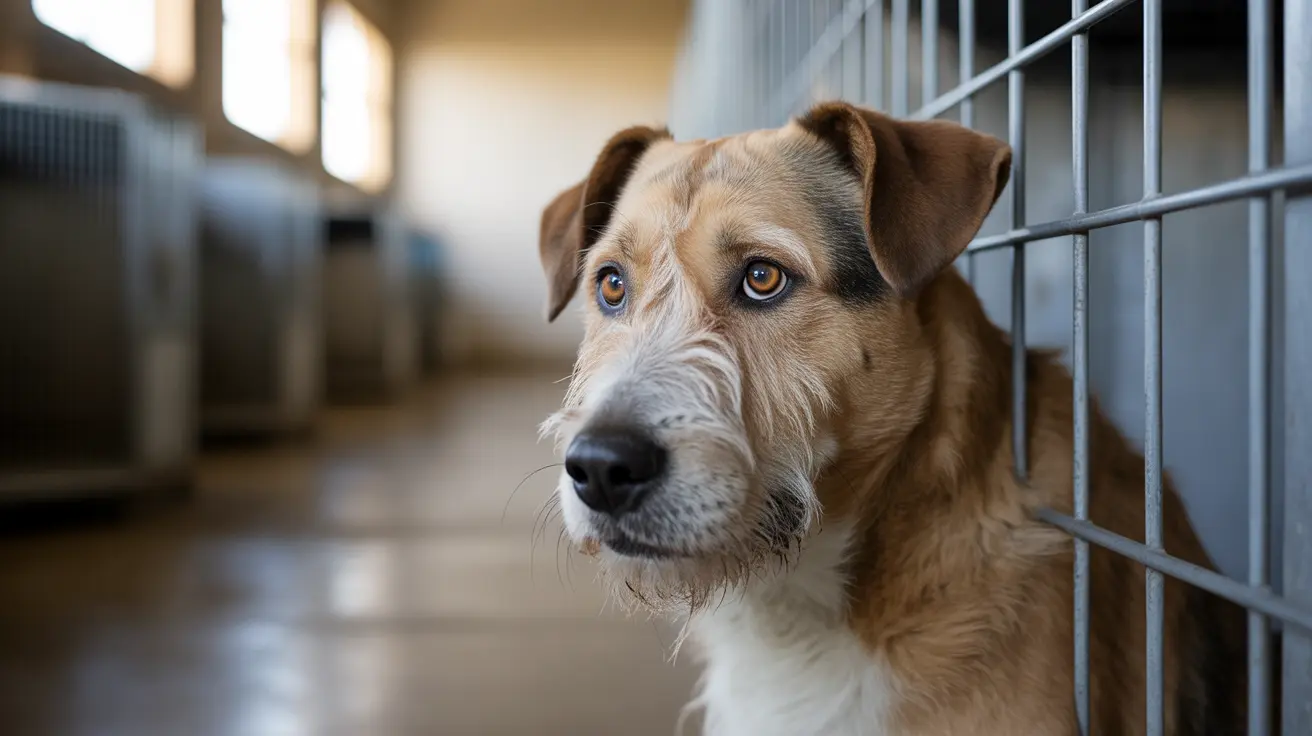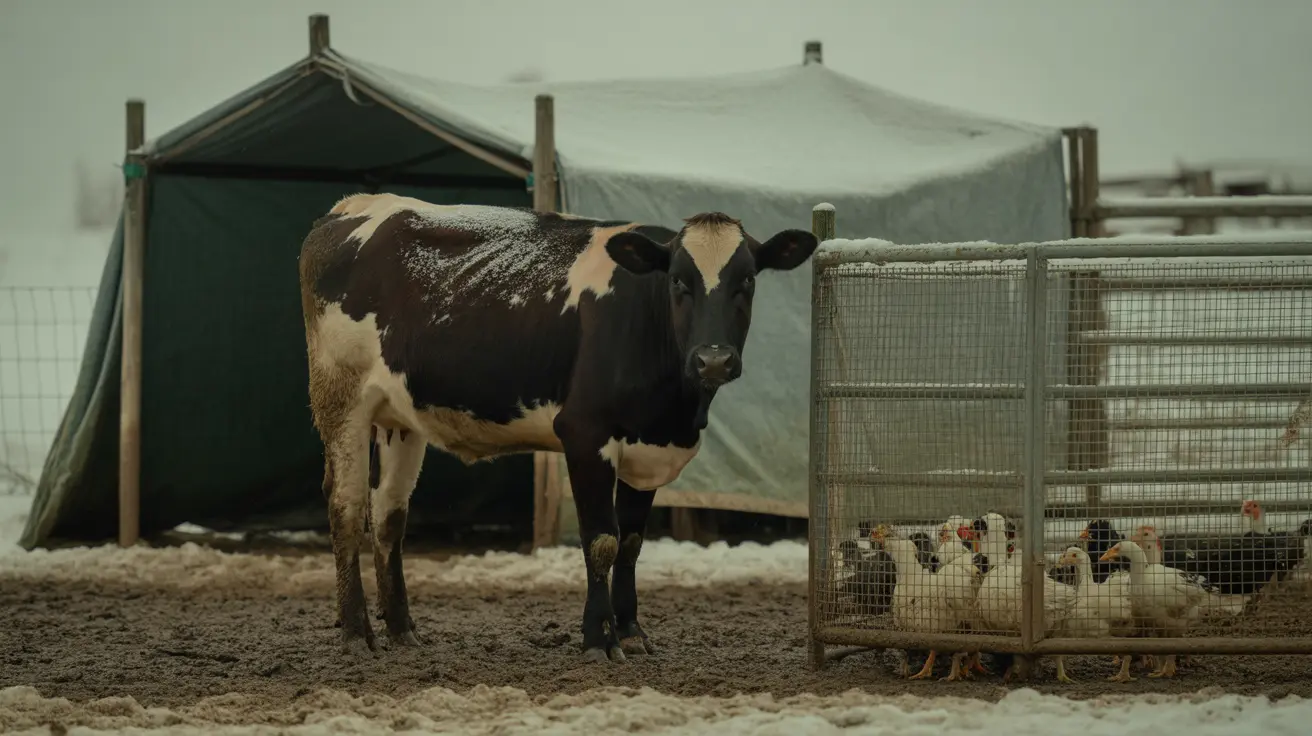If you've been reading cat food labels lately, you've probably encountered carrageenan. This seaweed-derived ingredient is commonly found in wet cat food, but growing concerns about its safety have left many pet parents wondering: is carrageenan bad for cats? Let's dive deep into what science tells us about this controversial ingredient.
Understanding carrageenan's potential impact on your cat's health is crucial for making informed feeding decisions. This comprehensive guide will explore the latest research, expert opinions, and what you need to know to protect your feline friend's wellbeing.
What is Carrageenan and Why is it in Cat Food?
Carrageenan is a natural compound extracted from red seaweed, primarily used as a thickener and stabilizer in wet cat food. Food manufacturers value it for its ability to improve texture and maintain consistency in canned products. There are two main types: food-grade (undegraded) carrageenan, which is used in pet food, and degraded carrageenan (poligeenan), which is not approved for food use.
The Scientific Concerns About Carrageenan
Research has raised several red flags about carrageenan's safety in cat food:
Inflammation and Digestive Issues
Studies have linked carrageenan consumption to intestinal inflammation in various species. Cats, with their sensitive digestive systems, may be particularly vulnerable to these effects. Some research suggests that even food-grade carrageenan might trigger inflammatory responses in the gut.
Potential Conversion in the Digestive System
One major concern is that food-grade carrageenan could potentially break down into its more dangerous form (poligeenan) in the highly acidic environment of a cat's stomach. This transformation could expose your cat to harmful compounds not present in the original ingredient.
What Veterinary Experts Say
Many veterinarians are taking a cautionary stance on carrageenan. While some maintain that food-grade carrageenan is safe at regulated levels, others recommend avoiding it altogether, especially for cats with:
- Inflammatory bowel disease (IBD)
- Chronic digestive issues
- Food sensitivities
- Compromised immune systems
How to Avoid Carrageenan in Cat Food
If you're concerned about carrageenan, here are practical steps you can take:
- Read ingredient labels carefully
- Look for products explicitly labeled "carrageenan-free"
- Choose brands that use alternative thickeners like guar gum or xanthan gum
- Consider switching to premium cat food brands that prioritize natural ingredients
Frequently Asked Questions
Is carrageenan bad for cats, and what health risks should I be aware of?
While research is ongoing, carrageenan has been linked to inflammation, digestive issues, and potential long-term health concerns in cats. The main risks include intestinal inflammation, potential development of IBD, and possible digestive upset. Cats with existing health conditions may be particularly sensitive to this ingredient.
Which cat foods contain carrageenan, and how can I find carrageenan-free options for my cat?
Many conventional wet cat foods contain carrageenan. To find carrageenan-free options, look for brands that specifically advertise this feature, read ingredient labels carefully, and consider premium or natural pet food brands that prioritize alternative thickeners.
Can food-grade carrageenan turn into a harmful form in my cat's stomach?
Yes, there is evidence suggesting that the acidic environment in a cat's stomach could potentially break down food-grade carrageenan into its more harmful form (poligeenan). This transformation is one of the main concerns regarding carrageenan's safety in cat food.
Should cats with digestive issues avoid carrageenan in their food?
Yes, cats with digestive issues, particularly those with IBD or sensitive stomachs, should avoid carrageenan. Many veterinarians recommend carrageenan-free diets for cats with any history of gastrointestinal problems.
Are there safer alternatives to carrageenan in cat food, and what should I look for on the label?
Yes, several safer alternatives exist, including guar gum, xanthan gum, and agar-agar. When reading labels, look for these natural thickeners instead of carrageenan. Many high-quality cat food brands now use these alternatives to achieve similar texture and stability.
Making an Informed Decision
While regulatory bodies consider food-grade carrageenan safe at specified levels, the growing body of research raising concerns about its safety cannot be ignored. As a cat owner, you'll need to weigh the evidence and make the best decision for your pet's individual needs. When in doubt, consult with your veterinarian about the most appropriate diet for your cat's specific health situation.






